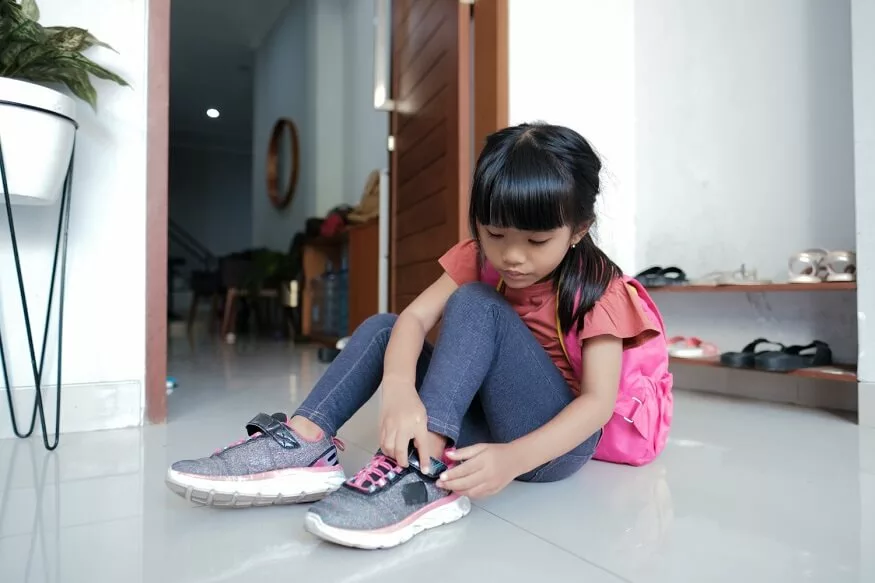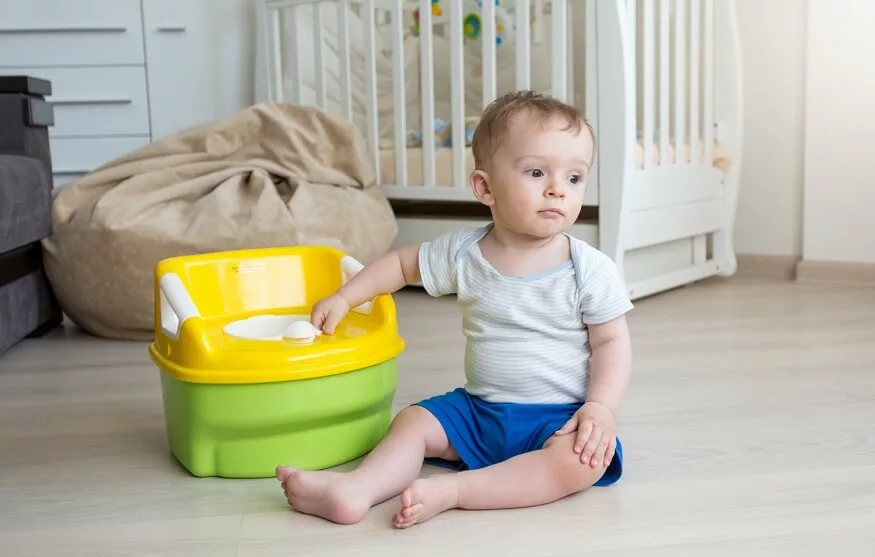Helping preschool students become more independent is an essential aspect of early childhood education. It fosters self-confidence, resilience, and a sense of responsibility in children, which are vital for their overall development.
List of preschool learning activities
Here are strategies and tips for educators and parents to encourage independence in preschoolers.
1. Establishing Routines
Establishing consistent routines is crucial in a preschooler’s life. These routines provide a sense of security and predictability, which are important for young children. Start by creating a daily schedule that includes regular meal times, playtime, and nap time. Visual schedules with pictures can be particularly effective for preschoolers. This approach helps them understand what is expected of them and gradually take responsibility for following the routine.
2. Encouraging Self-Care Skills
Self-care is a fundamental area where independence can be fostered. Teach children basic skills like washing their hands, dressing themselves, and brushing their teeth. Initially, you may need to guide them through each step, but over time, encourage them to perform these tasks on their own. Praise their efforts and progress, regardless of how small, to build their confidence.
3. Offering Choices
Giving children choices helps them feel empowered and responsible. Offer simple choices, like picking between two outfits, selecting a snack, or choosing a book for storytime.
4. Encouraging Problem-Solving
When children encounter minor problems, resist the urge to immediately step in and solve them. Instead, encourage them to think of solutions. For instance, if they can’t find their toy, ask them where they last saw it or where they think it might be. This encourages critical thinking and problem-solving skills.
5. Promoting Play and Exploration
Play is a powerful tool for learning and development. Provide opportunities for unstructured play where children can explore, experiment, and use their imagination. Outdoor play is particularly beneficial as it allows children to interact with a variety of textures, sounds, and experiences.
Also Read: What are Indoor Gross Motor Activities for Preschoolers
6. Teaching Organisational Skills
Teach preschoolers to take responsibility for their belongings. Have specific places for their items like coats, bags, and shoes. Encourage them to put things back in their designated places after use. This not only teaches them organisational skills but also respect for their belongings and the belongings of others.
7. Using Encouragement and Positive Reinforcement
Positive reinforcement is a powerful tool. Praise specific actions, such as when a child successfully completes a task on their own or shares with a friend. This reinforces their behaviour and motivates them to continue acting independently.
8. Developing Social Skills
Social interactions play a vital role in a child’s journey towards independence. Encourage preschoolers to engage in group activities and playdates. This helps them learn to communicate, share, and cooperate with others, which are essential skills for independence.
9. Fostering a Love for Learning
Cultivate an environment where learning is fun and exciting. Use interactive and engaging methods to teach new concepts. When children are curious and interested, they are more likely to engage in activities independently.
10. Being Patient and Understanding
Lastly, it’s important to be patient. Every child develops at their own pace. Celebrate small achievements and understand that setbacks are part of the learning process. A supportive and understanding approach will make children feel safe to try new things and step out of their comfort zone.
Also Read: What are Outdoor Gross Motor Activities for Preschoolers
Importance of Independence in preschoolers
Here are some key aspects highlighting the significance of independence in early childhood:
- Develops Self-Confidence and Self-Esteem: When children learn to do things on their own, it boosts their self-confidence. Successfully completing tasks, whether it’s dressing themselves or solving a simple puzzle, gives them a sense of achievement. This sense of accomplishment helps in building their self-esteem, which is crucial for their emotional and psychological well-being.
- Promotes Decision-Making Skills: Independence encourages children to make choices and decisions, starting from simple ones like selecting a toy to play with, to more complex decisions as they grow. This decision-making process is essential for cognitive development and helps in honing their problem-solving skills.
- Fosters a Sense of Responsibility: Independent tasks teach children the concept of responsibility. Learning to take care of their belongings, managing simple chores, or taking charge of their personal hygiene instils a sense of responsibility and accountability from an early age.
- Prepares for School and Beyond: The skills gained through independence are foundational for academic success. Children who have learned to work independently are often better prepared for the structured environment of school. They can follow instructions, concentrate on tasks, and are more adept at managing their learning process.
- Enhances Social Skills: As children become more independent, they learn to interact more effectively with their peers. They gain the confidence to participate in group activities, collaborate with others, and resolve conflicts, which are essential social skills.
- Encourages Curiosity and Love for Learning: Independent children are often more curious and explorative. They tend to take initiative in learning new things and are not afraid to try new experiences. This attitude fosters a lifelong love for learning, which is invaluable.
- Builds Resilience and Coping Skills: By facing challenges and sometimes failing in their independent attempts, children learn resilience. They understand that not every attempt will be successful, but they can try again or try something different. This resilience is a key aspect of emotional and mental health.
- Supports Physical Development: Independence in physical tasks like eating, dressing, or playing outdoors contributes to the development of fine and gross motor skills. These activities enhance physical dexterity and coordination.
- Reduces Over-dependence on Adults: While guidance and support from adults are crucial, overly dependent children may struggle to adapt in situations where they need to act independently. Encouraging independence helps children become less reliant on constant adult intervention.
- Prepares for Real-world Challenges: The world requires individuals to be self-reliant and capable. By instilling independence from a young age, children are better prepared to face real-world challenges and navigate through life with confidence and competence.
Also Read: 7 Sequencing Activities for Kindergarten & Preschoolers
EuroSchool fosters independence in preschoolers in a gradual manner. Our teachers exhibit patience, understanding, and consistent effort for the overall development of preschool students .










